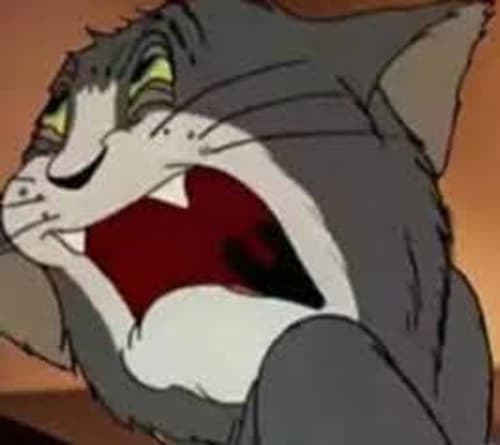
There are 15 billion pairs of eyes in the world, but we can only see it from one: ours. It's no wonder we often make the wrong choices, if we're limited to only experience one tiny part of it. We aren't able to see the big picture, how one thing influences another, and this is dangerous in a universe where cause and effect is the rule. So, how can we acquire a bigger understanding of the situation?
Because we don't have all the facts, our brain is naturally biased. This means we're prone to think, feel a certain way or favor one idea over another based on the few hard facts we know.
A common example is the actor-observer bias. This bias happens when someone exhibits a behavior, and you attribute it to a personality trait. However, if you do the same, the blame falls on external factors.
Say a person arrives late to a meeting and you automatically think they’re irresponsible. But when you do it, you can excuse yourself with “the traffic was atrocious”.
In the first one we’re unaware of the cause; we don’t have context. So, we judge because we don’t have all the facts.
Trying to completely eliminate biases is impossible unless we find a way to see the whole world at once. But we can reduce them.
If the problem is a lack of facts, then the solution is to collect them.
In order to accomplish that, we must target a specific decision to make (our mind can only do so much at once) and treat it like journalists.
Journalists move around looking for the answers they need to complete a narrative. They collect the information and record them into a system. It could be a timeline, mind map, table, bullet points, questionnaire or plain old paragraphs. The main idea is that the information is organized and easy to understand.
It's not always an easy process; sometimes they find the answers in the most unusual of places. But at the end of the day, they're able to connect the dots and possess a clear notion of the cause and effect chain. We can use that chain to make the best decision possible.
In summary, before you make a choice be sure to reduce your biases as much as possible by:
- Collecting all the relevant information.
- Record it in an easy-to-understand system.
- Analyze it and make the choice.
Most of us—consciously or not—already knew about this process, but sometimes it's useful to put it into words. That way, there's awareness and the reminder to integrate it into our daily life.
---
Hey! Had this lying around and thought I would give it a go in here. I've been studying English for a long time now, but I bet there're still some areas of improvement, specially in the wording. Everything's welcomed!

It’s an excellent essay!
Excellent writing indeed - very natural and idiomatic. Good job!
Thanks, both of you!